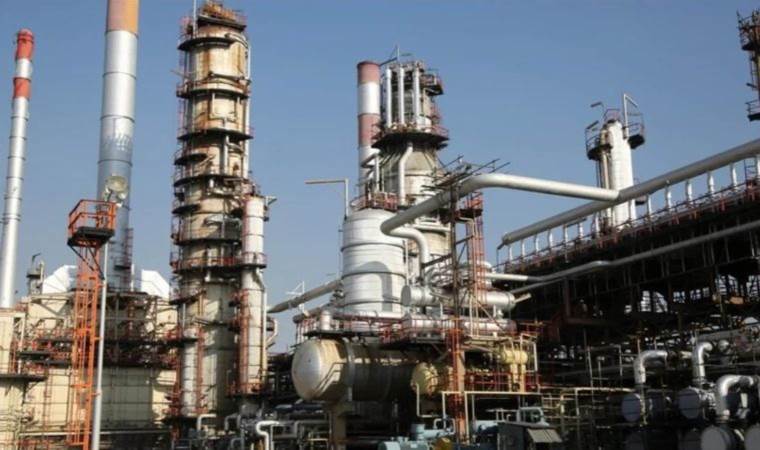Oil prices surge to 5-month peak amid supply fears and geopolitical unrest
Oil prices have soared to their highest since October 2023, driven by geopolitical tensions that have heightened concerns over potential global supply disruptions.

The international benchmark Brent crude was trading at $90.83 per barrel at 10:57 p.m. local time (0757 GMT), marking a slight increase of 0.20% from its last closing price of $90.65 per barrel. Meanwhile, the American benchmark West Texas Intermediate (WTI) slightly dipped by 0.01%, trading at $86.58 per barrel, down from $86.59 at the previous session's close.
The recent surge in oil prices is notably influenced by incidents in the Red Sea, one of the most crucial maritime paths for global oil and fuel transport. The Houthis' renewed aggression towards cargo ships linked to Israel in the Red Sea, as a gesture of solidarity with Gaza amidst Israeli assaults since October 7 last year, has intensified concerns over potential impacts on the global supply chain.
The United States Central Command (CENTCOM) reported that it had neutralized an anti-ship missile launched by Yemen's Houthi group in the Red Sea. CENTCOM emphasized its commitment to ensuring the safety and security of international waters for both coalition and commercial vessels.
Yemen's Houthi leader, Abdulmelik al-Houthi, revealed on Thursday that airstrikes conducted by American and British forces since January have resulted in 37 deaths and 30 injuries. He claimed that since November 2023, around 90 ships belonging to Israel, the US, and the UK have been targeted in the Red Sea, Oman Sea, and Indian Ocean.
With 65% of market participants anticipating a US Federal Reserve rate cut in June, expectations are set for a weakening US dollar against other currencies. This could make oil purchases more affordable for buyers using other currencies, potentially stimulating trading activity and further pushing up oil prices.
Most Read News
-
 Israeli army arrests 24 Palestinians across occupied Wes
Israeli army arrests 24 Palestinians across occupied Wes
-
 Federal grand jury indicts man accused of starting Palis
Federal grand jury indicts man accused of starting Palis
-
 Ukraine’s Zelenskyy says meeting with Trump could help b
Ukraine’s Zelenskyy says meeting with Trump could help b
-
 Germany's Merz says Gaza plan brings new hope for lastin
Germany's Merz says Gaza plan brings new hope for lastin
-
 New York mayoral candidate Mamdani apologizes to police
New York mayoral candidate Mamdani apologizes to police
-
 Pakistan army says 34 militants killed in security opera
Pakistan army says 34 militants killed in security opera
-
 UN mission in Kabul welcomes ceasefire between Afghanist
UN mission in Kabul welcomes ceasefire between Afghanist
-
 Russia says it has ‘nothing to report’ on Assad extradit
Russia says it has ‘nothing to report’ on Assad extradit
-
 EU unveils roadmap to boost defense readiness, eyes anti
EU unveils roadmap to boost defense readiness, eyes anti
-
 Reappointed French premier's government survives 2 votes
Reappointed French premier's government survives 2 votes














